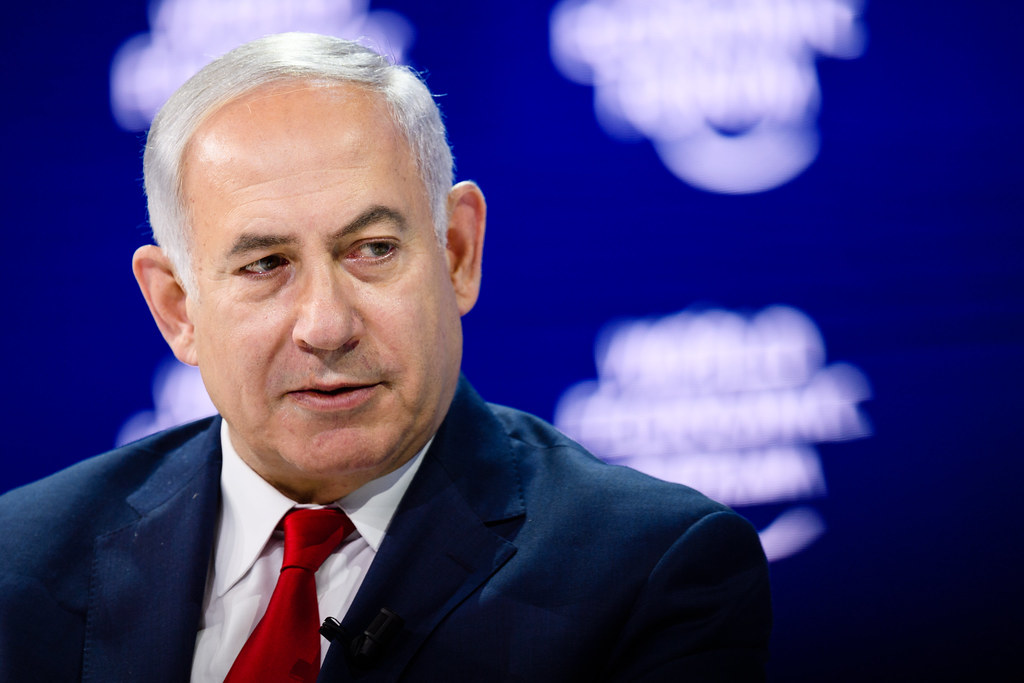The Qatari prime minister is also expected to visit Washington after Europe to discuss a possible deal in Gaza with members of the Biden administration.
Israel said the four-party talks in Paris on Sunday over a new captives’ release deal were “constructive” but still had “significant gaps” which the mediating sides will discuss further this week, Israeli Prime Minister Benjamin Netanyahu’s office said.
“The meeting was defined as constructive. There are still significant gaps which the sides will continue to discuss at additional mutual meetings to be held this week,” the Israeli prime minister’s office said, without elaborating on the meeting’s details.
The talks in Europe involved officials from Qatar, Egypt, the United States, the CIA’s director William Burns, and the head of Israel’s Mossad intelligence service, David Barnea.
Qatar was reportedly represented by its Prime Minister and Foreign Minister Sheikh Mohammed bin Abdulrahman Al Thani. Cairo was represented by the head of intelligence, Abbas Kamel.
The Qatari prime minister is also expected to visit Washington after Europe to discuss a possible deal in Gaza with members of the Joe Biden administration and lawmakers, sources privy to the matter told Al-Monitor on Friday.
However, Qatar has yet to publicly comment on the Europe meeting and the prime minister’s visit to the U.S.
Qatar—the host of a Hamas political office—and Egypt have been at the forefront of diplomatic efforts to end the war in Gaza, where Israel has killed more than 26,000 Palestinians, 70 percent of which were women and children.
Both countries mediated a temporary truce last year that lasted between November 24 and December 1, enabling the release of at least 110 Israeli and foreign captives from Gaza.
The talks have stalled since the truce expired with Israel intensifying the brutal war on Gaza while expanding its ground invasion to the south, forcing thousands of Palestinians to seek shelter multiple times.
The Israeli killing of top Hamas official Saleh Al-Arouri in Lebanon last month marked a major escalation and affected the talks’ progress.
The deal currently on the table of discussions involves a two-month pause in Gaza in exchange for the release of the remaining captives.
Unnamed U.S. officials briefed on the latest mediation talks told The New York Times on Saturday that American negotiators are getting closer to achieving such a deal.
The report said the deal could be finalised “in the next two weeks” as negotiators drafted the agreement that merged proposals by Israel and Hamas. The new proposal on the table is on the agenda of the meeting in Paris between the negotiators.
The first phase of the deal would witness a 30-day pause to release women, elderly and wounded captives from Hamas. Discussions during the same period would plan the second phase, which entails another 30-day pause to release Israeli soldiers and male captives.
It remains unclear how many Palestinians would be released under the same deal, which would also enable the entry of additional aid into Gaza.
Despite the apparent breakthrough, the sources told NYT that there is still a state of cautious optimism.
The Times reported that if the CIA director makes sufficient progress during his meeting in Europe, President Biden’s senior Middle East adviser Brett McGurk would return to the region to finalise the deal.
McGurk had returned to Qatar last week after a stopover in Egypt for talks aimed at releasing the remaining captives from Hamas. The meeting marked his second regional visit since the beginning of the year and came as the Biden administration scrambled to break the talks’ stalemate.
The key difference between Israel and Hamas’s demands is that the former has insisted on having pauses whereas the latter demanded a permanent ceasefire.
Israel believes that a ceasefire would disrupt its attempts at eliminating Hamas from Gaza, a goal that analysts and diplomats, including Americans, have described as unrealistic.
Qatar has long supported a ceasefire in Gaza while stressing that ending the war would also halt regional escalations, namely those in southern Lebanon and the Red Sea.
In the latest escalatory move, the Islamic Resistance in Iraq killed three U.S. soldiers while wounding more than 30 others in a drone attack on an American logistics support base near the Jordan-Syria border.
In a statement shortly after the attack, Biden said he “will hold all those responsible to account at a time.”







